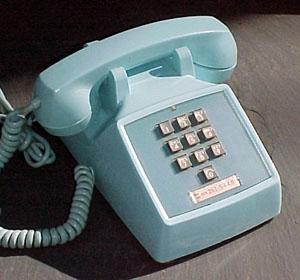Judge Opts Out Of Google Books Opt Out
In a sharp rebuke to the Google Books Project, an ambitious effort by Google Inc. to digitize all books and make them searchable on the web, Judge Denny Chin today (March 22, 2011) rejected the latest agreed settlement to a class action lawsuit between defendant, Google, and plaintiffs, The Authors Guild (attempting to represent the "Author Sub-Class") and the Association of American Publishers (attempting to represent the "Publisher Sub-Class"). The case, The Authors Guild et al. v. Google Inc, was filed in the United States District Court for the Southern District of New York, a court often chosen to decide high profile litigation, and has been presided over by Judge Chin, a Second Circuit Court of Appeals judge who is sitting in the lower court by designation.
While acknowledging the great benefits of a "universal digital library," Judge Chin noted that the settlement, in its current 166-page form,
would give Google a significant advantage over competitors, rewarding it for engaging in wholesale copying of copyrighted works without permission, while releasing claims well beyond those presented in the case.
Judge Chin deemed the notice given to members of the class to be adequate. However, he described the quality of class representation as "troubling." He doubted that the opt-out mechanism contemplated by the settlement should override the exclusive rights granted copyright owners under Copyright Act provisions 17 U.S.C. 106(1) and 17 U.S.C. 201(e). Also noting possible antitrust, privacy, and international law concerns raised by the settlement, Judge Chin strongly suggested that Congress, not court, would be the best venue for deciding issues of copyright policy as important as those raised by the Google Books Project. After evaluating a variety of arguments favoring and disfavoring the settlement, he concluded that it "is not fair, adequate, and reasonable."
Notwithstanding the rejection of this particular settlement, Judge Chin did hint at one feature a defensible settlement might have. Perhaps the most controversial feature of the settlement was the obligation of copyright owners to opt out of the Google Books Project. Borrowing from the amicus curiae brief filed by the United States, Judge Chin suggested that "many of the concerns...would be ameliorated if the [settlement] were converted...to an "opt-in" settlement." So, with that guidance, the parties will likely reopen settlement negotiations.
That seer of intellectual property, Marilyn Manson, once observed that "No person can own the copyright to what God means." Although not aspiring to heights quite as lofty as these, Google, like Icarus, may still have flown too close to the sun with its latest copyright settlement. Discovering what can constitute a legally durable settlement will remain a challenge, given the great uncertainty and flux in copyright law. This may be especially true if Mark Twain's observation of a century ago remains true today: "Only one thing is impossible for God: To find any sense in any copyright law on the planet."
More idealaw at LEXVIVO.











0 Comments:
Post a Comment
<< Home